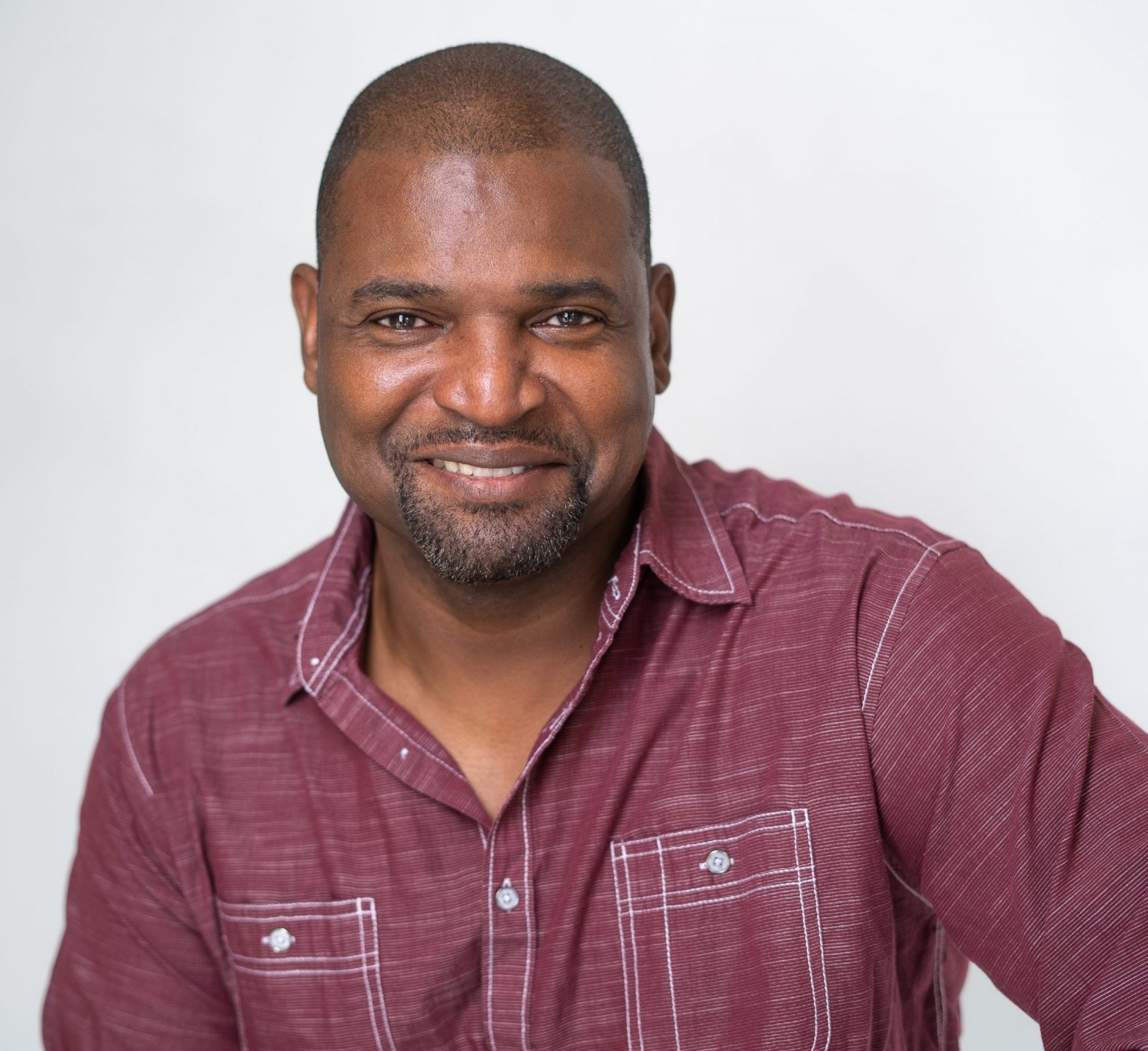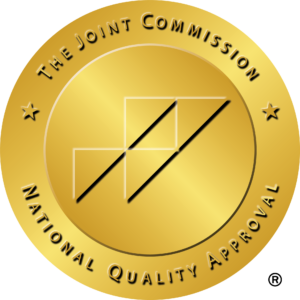DERRICK WRIGHT: VASH SERVICE COORDINATOR II
Where do you currently work?
I work with the Step Up VASH (Veteran Affairs Supportive Housing) team at Building 209 at the West LA VA Campus. I started in March of this year.
Did you serve in the military?
I am a combat military vet. I served in the Marine Corps during the Persian Gulf War. My unit arrived in Saudi Arabia in December 1990, during Operation Desert Shield. We were given orders to Kuwait in January 1991 during Operation Desert Storm.
What is challenging about moving from military life to civilian life?
Because of military culture, when veterans get out, sometimes they don’t know how to relate to civilian life. In the military, especially during combat, we’re in a heightened state at all times. The military jargon we use can be misconstrued as offensive. For us, it’s difficult to bring that all down. The military needs to do a better job of creating a more effective transition process for the military personnel when they go back to civilian life. I have a lot of empathy and compassion for the vets I work with. I believe that when most veterans joined the military, they believed it was a way to make something of themselves, escape poverty and the terrible experiences they faced at home or just serve their country. But when they return home, they don’t always get the support they need. We need social workers to be there for them and get them connected to supportive services.
Why did you decide to become a social worker?
I was a successful business owner before the down turn of the economy. It was really hard to recover after the recession. I wasn’t making nearly as much money as I was used to, and I started to get burned out. It wasn’t very fulfilling to me anymore. I wanted to do something where I could make a difference in people’s lives. I knew a lot of vets that were homeless and going from job to job. They couldn’t maintain gainful employment and were struggling. I started asking myself why vets have to go through these unfortunate situations in the military and combat, and then experience even more trauma when they get out of the military. I wondered how it can be prevented and how I could help. So, I decided to go to school to study social work. My focus was veterans and military families, in particular PTSD, homelessness and military sexual assault. I graduated a year ago in May 2019 with a Masters in Social Work from USC.
June is PTSD Awareness Month. What has been your experience with PTSD?
As a veteran myself, and experiencing trauma prior to the military and during combat, I found that Cognitive Behavioral Therapy (CBT) was very helpful to me to process my own trauma. The main concept of CBT is to help clients identify and process their trauma by changing unhelpful thinking patterns and behaviors. It helps clients change their belief systems about their traumatic experiences, themselves and what is occurring in their lives now. CBT teaches clients how to regulate their emotions, and provides them with better coping strategies. They learn how to relate to themselves and others differently, and they learn to create and maintain better relationships.
Can you give some examples of CBT?
A therapist might give a client homework such as writing about a particular traumatic event or recent experience on paper. The therapist will help the client identify emotions, thoughts and beliefs that may have come up as the client was doing the exercise. The therapist will help the client identify thoughts that are negative or inaccurate, and help the client reshape them. This helps the client to stop negative self- talk and they learn to create a different lens to see the world through. So, let’s say my mother says something to me and I take it the wrong way. I can immediately come to the conclusion that she is trying to hurt or embarrass me. Or, I might want to reassess and ask myself, “Is there real evidence that she was intentionally trying to hurt me?” I might also ask myself, “Why would someone that loves and cares for me want to harm me?” It’s good to use actual evidence to back up our emotions, thoughts and beliefs, instead of feelings derived from negative or irrational thoughts that can be the result of traumatic experiences.
How does CBT help with PTSD?
When we experience trauma and it develops into PTSD, our brain works overtime to try and protect us and prevent us from experiencing similar events again. If we have experiences that our brain determines are a possible threat, it alerts our nervous system and our body develops a heightened sense of awareness to protect us from pain. For example, one of the symptoms of PTSD is rapid thoughts. One of the ways of working through rapid thoughts is to learn to be aware of them, to acknowledge and briefly analyze them before we act or respond to them. CBT is an evidence-based practice that is widely used to treat a wide-range of mental health conditions because it can quickly help clients identify and cope with stressful and challenging situations. It can be administered with a single client or in groups. It is most effective when combined with other treatments such as medications.
Based on your experience, what should people do to help if they know a Veteran who is experiencing mental health conditions and homelessness?
I think this is a good question, because sometimes friends and family can observe there is something different about the Veteran’s behavior, and the Veteran may not realize it themselves. Most people might feel extremely uncomfortable about telling the Veteran what they observe. Veterans may sometimes get defensive because they may take it as if they are “crazy” because of the stigma surrounding mental health in our country, especially in specific communities. In my opinion, the best way is to approach them with empathy, compassion and out of real concern for the Veteran. Maybe even provide them with resources, or offer to attend with them.






